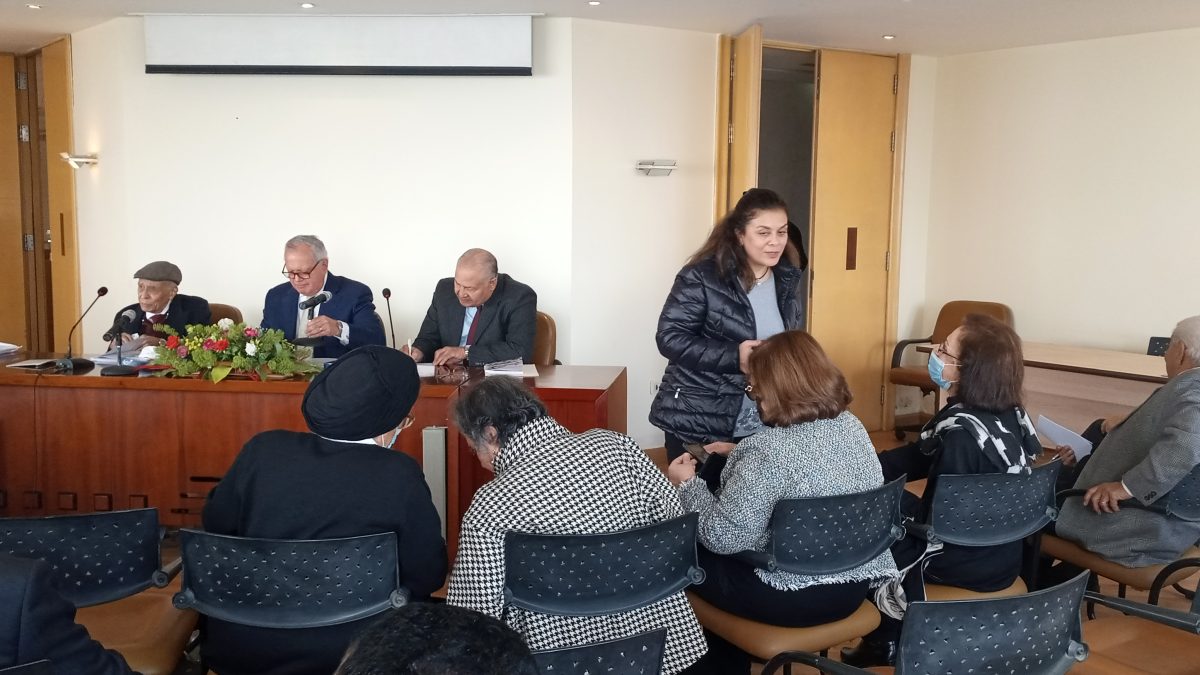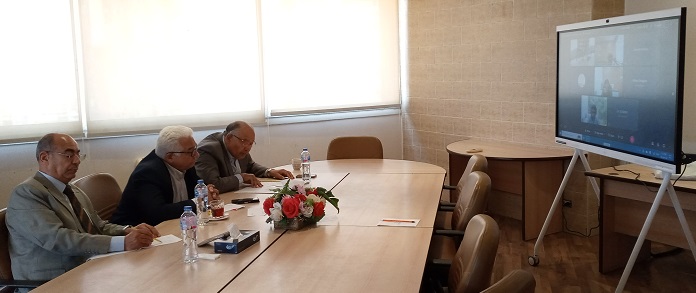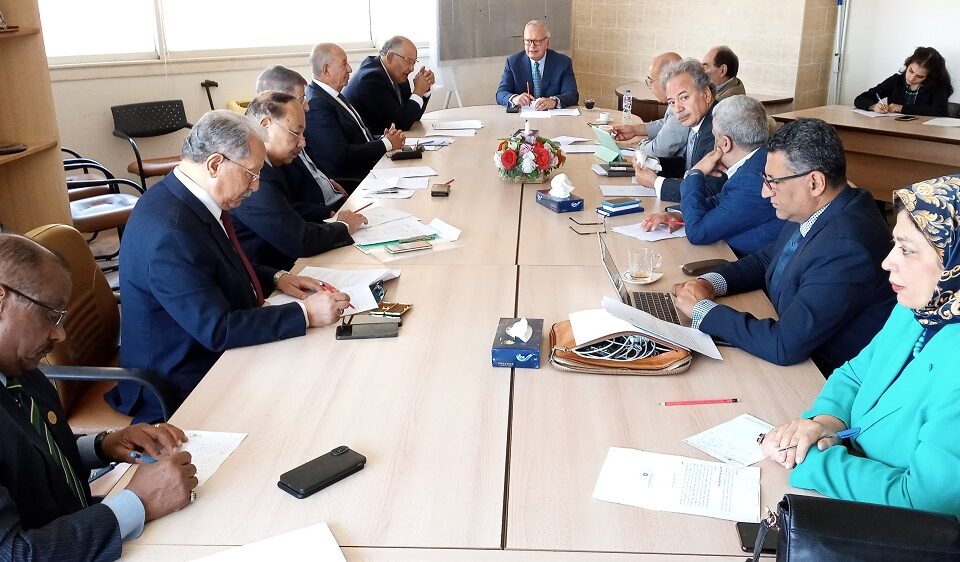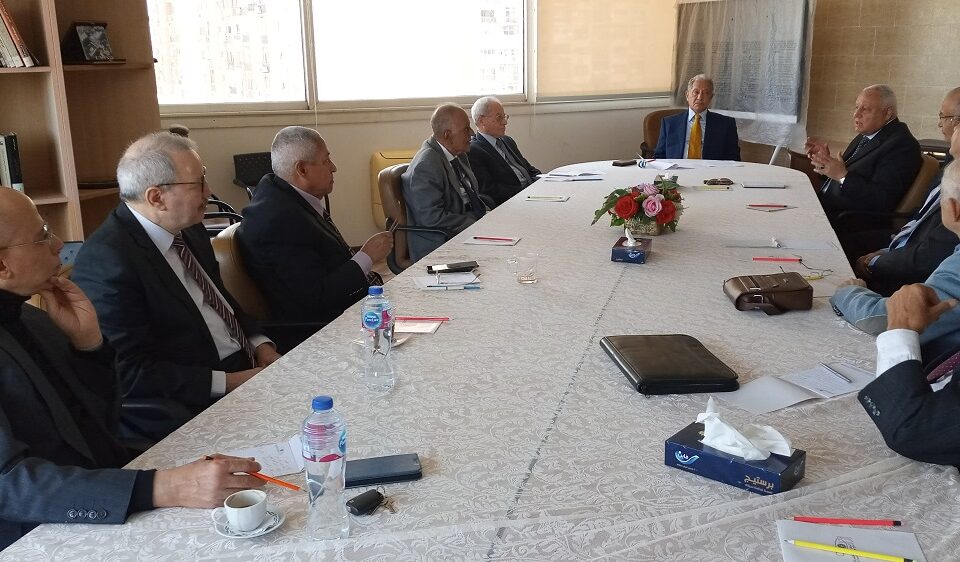Participation of Dr. Ezzat Saad in discussing a number of scientific theses in 2022
December 15, 2022Visit to ECFA by the Deputy Ambassador of India
January 11, 2023
On January 10, 2023, ECFA organized a symposium, in which Ambassador Sayed Qasem El-Masry presented his book entitled “Muslim Minorities,” which was introduced by Dr. Ekmeleddin Ihsanoglu, the former Secretary-General of the Organization of Islamic Cooperation. The meeting was opened by Ambassador Mohamed El-Oraby, ECFA Chairman, and attended by a number of ECFA members, experts and researchers concerned with minority issues. Ambassador El-Masry indicated that the book “Muslim Minorities” is the result of a decade-long personal experience of the problems of Muslim minorities in the world, with a focus on Asia, given that Muslim minorities constitute one third of the Islamic world, where a minority lives in non-Islamic countries. Most minorities belong to the country in which they are located, with the exception of Western Europe, where most minorities in this part of the world are immigrants. In many cases, the countries in which these indigenous minorities live are the ones that invaded them, and most of them had Islamic sultanates with international relations, while a neighboring country invaded and occupied their lands.
The research shows that the problem with Muslim minorities is not a religious problem at all, but rather a racial and ethnic problem, and stems from the desire of the countries in which these minorities exist to assimilate them into the societies in which they live. In his speech, Ambassador Qasem also tackled the issue of human rights, and how countries have sought to make it an internal matter in which other countries may not interfere, noting that the United Nations has called for the conclusion of about 9 universal contractual agreements on various human rights, such as the International Covenant on Economic, Social and Cultural Rights, and its counterpart on civil and political rights, the Convention against Torture… etc., in order to establish a binding legal instrument for the implementation of what was stated in the Universal Declaration of Human Rights in 1948, which can be applied in member states in accordance with their internal law, and with their ratification of it.
Ambassador Qassim also referred to the background contained in the book about the emergence of the Organization of Islamic Cooperation and its tasks, explaining that it serves as a global framework that brings together Muslims now, decades after the end of the Islamic Caliphate in 1924. In this regard, he noted the cultural strategy for the Islamic world, which was issued in 1990 in the Senegalese capital, Dakar, entitled: “Nothing is sacred except the revelation of heaven, and everything other than that is man-made,” which explicitly called for criticizing the Islamic heritage.
The participating ECFA members interacted with the author of the book, who responded completely to their questions and inquiries.






